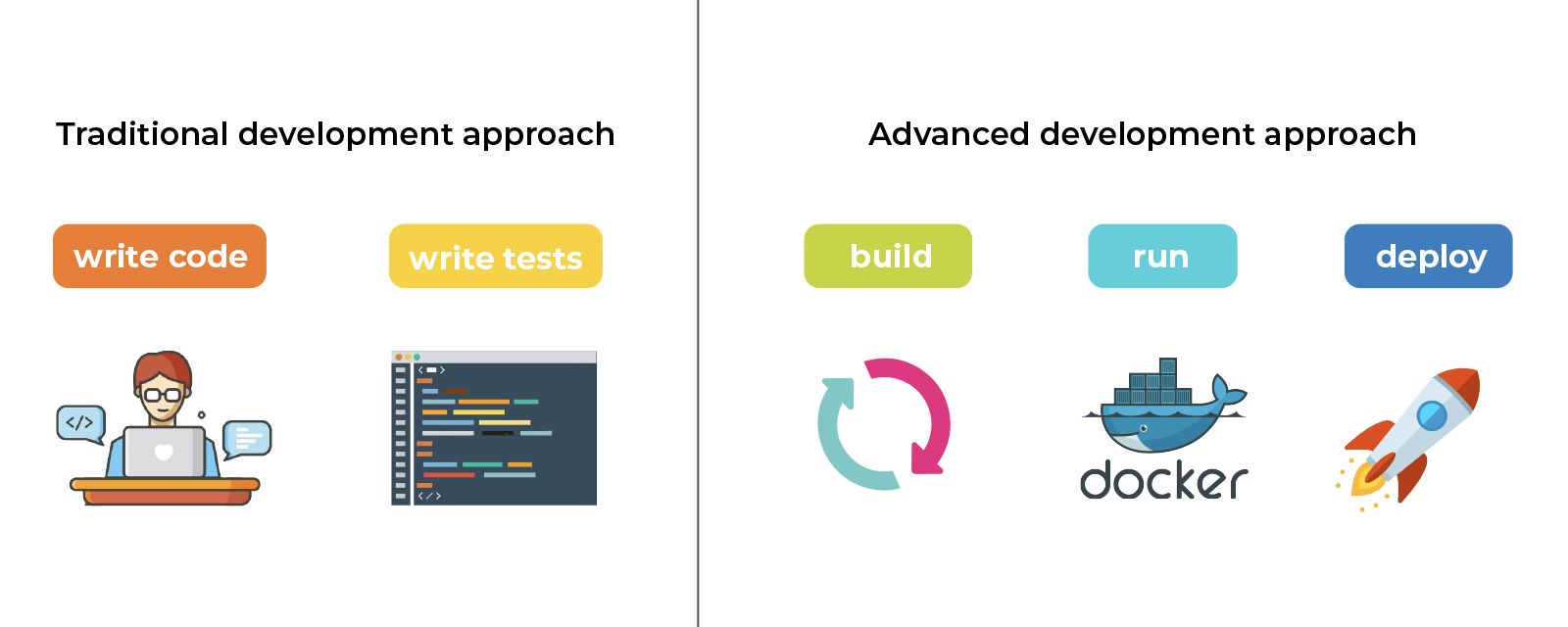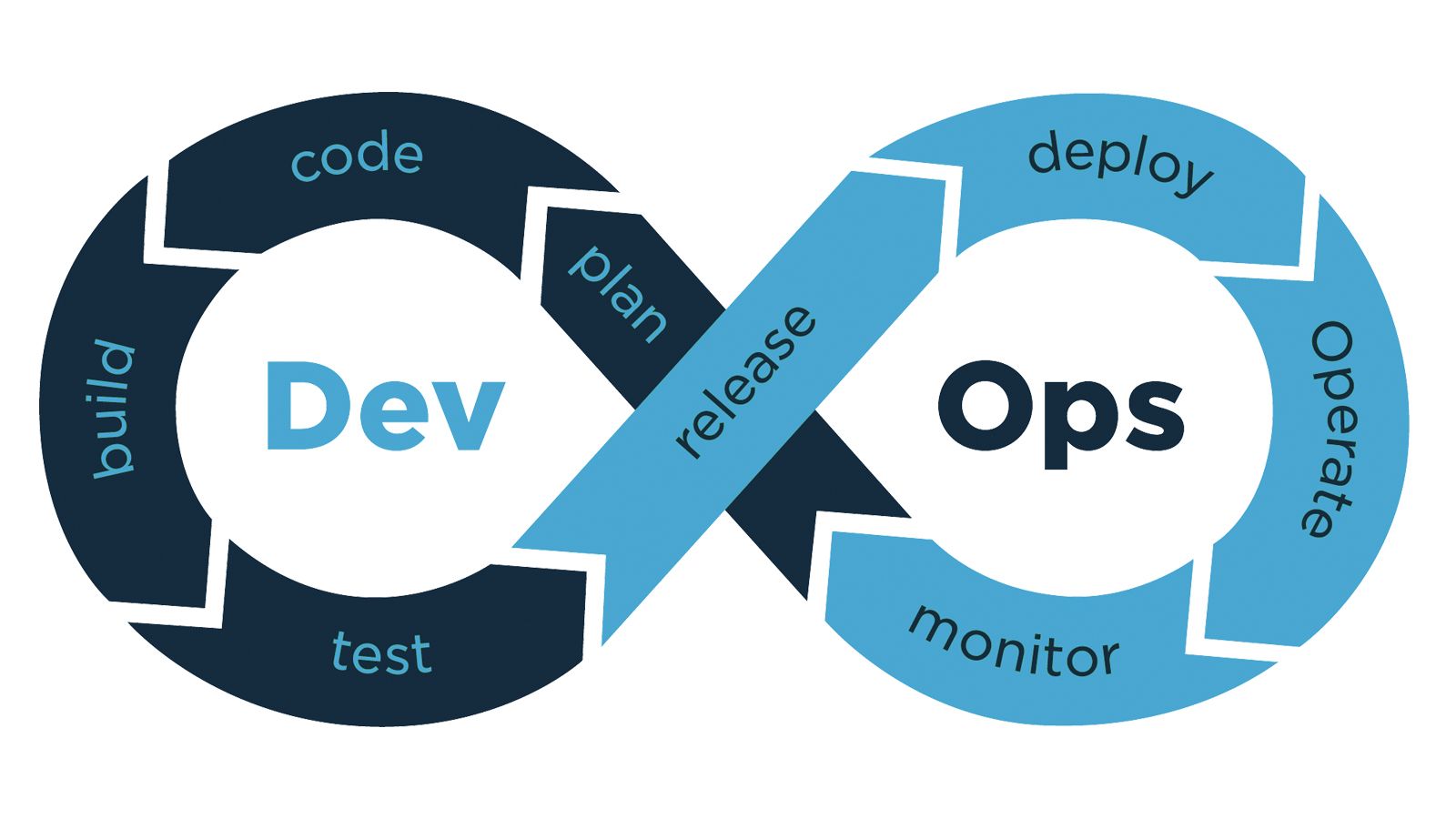
A decade ago software developers typically found themselves limited to coding and writing unit tests, a fact that inevitably led to problems during deployment. Keeping this issue in the forefront, software developers started experimenting with virtual environments, such as Virtual Box and Vagrant to compensate and, as is often the case, with time, came change and improvements.
For instance, new roles emerged, such as DevOps Engineer, which didn’t exist a decade ago. On top of that, developers now had access to advanced tools that eliminated the difficulties or challenges during application code deployments. Docker, OpenShift, and Jenkins are a few of the popular options for establishing the fundamental processes of DevOps Engineering. Such tools are user-friendly and provide plug and play functionality to quickly and effectively set up DevOps processes.
However, before we go any further, let’s take a step back and first briefly define the term DevOps.

What is DevOps?
DevOps is (much like the name suggests) a combination of “development” and “operation” that defines the coordination of both software engineers and data innovation (IT) experts who automate the processes that transfer the executable application to end-users. DevOps’ goal is to set up a culture and process where building, testing, and deployment can happen quickly and as often as possible.
DevOps engineers are considered an integral part of this technical team. For example, in the event the application has issues that were missed in earlier phases of development, DevOps can catch them with the help of automated tests execution and ensure the seamless delivery of the app to end-users.
Where do Software Developers Fit In?
Keeping in view the role of DevOps engineering, software developers today have to not only work closely with DevOps to understand their processes but collaborate accordingly to achieve maximum efficiency. This change brought a new set of expectations and challenges to the traditional developer role – but that isn’t always bad. Here are a few considerations for developers to keep in mind when working with specialized DevOps engineers that might make their life easier:
- Properly structure the application code considering all the issues that a DevOps engineer could potentially run into when setting up the CI/CD process.
- Ensure the security of every module being developed and deployed in the software system so that it aligns with the code of ethics of DevOps philosophy.
- Script and automate the deployment processes. (Third-party tools can help with this)
- In some smaller teams, take the critical responsibility of deploying the software application with the help of CI/CD processes to ensure the faster, better, and high-quality applications eliminating the dependency on the DevOps engineering teams.
- Aside from coding, software engineers should be familiar with concepts such as Ops, security, and deployment architectures.
How to make the Process Effective
As is often the case, communication across the department is paramount to success. However, this can be easier said than done due to a lack of common language and knowledge between parties. Here are a few considerations to help you communicate effectively:
- Developers should work in tandem with the DevOps engineering team for timely project delivery without issues during deployment.
- Software developers should be able to convey a finalized code structure that can facilitate the CI/CD process effectively.
- In cloud configurations, DevOps gives full rights to a software developer for setting up processes on a cloud platform and can oversee all configurations skillfully. Once the developers and DevOps are on the same page, they mutually will provide better outcomes and adaptable frameworks.
- Developers and DevOps should work together on the cloud; offering great productivity and effectiveness in the overall delivery process keeping in mind that without DevOps, developers have limited customization and no hold on center control.
- Software Developers deal with five significant procedures: Correspondence, CI/CD, Configuration Management, Security and Monitoring, and Alert management. Having a good command in these reduces communication gaps between developers and DevOps for easier deployment.
Developer Challenges in DevOps
Now that you have a better understanding of how developers and DevOps can effectively work together, it seems only fair to be upfront that you can expect some challenges. Here are few that I’ve encountered and to be aware of:
- The latest DevOps tools, such as Jenkins and Docker, have advanced features that can prove difficult to get a command over. Software developers also face challenges in the maintenance of systems configured with such advanced tools.
- Keeping yourself updated with multiple areas of expertise is challenging. Developers may find it difficult to stay aligned with the latest trends and technologies in both their field and DevOps.
- Security is an important factor and is treated as a separate subdomain in DevOps named DevSecOps. Software developers usually don’t have much experience with DevSecOps which leads to challenges when implementing security-related features.
Benefits of Developers Being DevOps
While there are always challenges associated with anything worth doing, there are, of course, proportional benefits. And in this case, once developers get a firm grip of DevOps concepts, they can expect:
- To be able to observe code structures and development strategies from the initial stages of development and determine if it would benefit from an effective deployment to the cloud.
- The ability to deliver higher quality software to end-users much faster.
- More effective communication and collaboration across departments, reducing the gaps and planning the project delivery from initial stages of software development to achieve high-quality delivery to end-users.
Take Away
A fact about our modern age is that the gap between developers and business operations isn’t shrinking – it’s being purposefully minimized. The need to deliver high-quality software quickly isn’t going to slow down, rather, it will only intensify. That is why it is so critical to not only understand the relationships that come from DevOps, but their intricacies, challenges, benefits, and how they can be approached for the maximum benefit of not only the user but the business.
A special thank you to Athar Aslam for his contributions to the above article.




